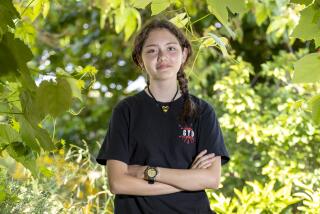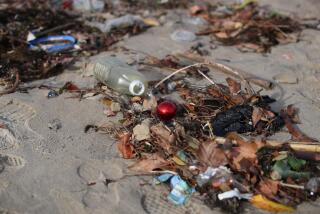To effect change, should the 99% go vegan?
“Fact: Diet-related disease is the biggest killer in the United States, right now, here today,” said Jamie Oliver in his 2010 “TedTalks” presentation. “Your child will live a life 10 years younger than you because of the landscape of food that we’ve built around them.”
Is it child abuse? Oliver argues that it is, and that in addition to nourishing our children, we should also educate them on how and what to eat. His critics accuse him of overstepping and say he should pack up and go back to Britain. Who is he to tell us what’s right for our children? “All I can say is: I care. I’m a father, and I love this country, and I believe truly, actually, that if change can be made in this country, beautiful things will happen around the world. If America does it, I believe other people will follow.”
Author Ruby Roth shares Oliver’s spirit of activism, and she too has dealt with her fair share of backlash. Her new children’s book, “Vegan Is Love,” advocates for more than just a plant-based diet; it’s a call to action to inspire young people into a vegan lifestyle at an early age. “In my near decade of research, it is absolutely clear to me that some of America’s most insidious health problems -- from pharmaceutical addiction to heart disease, cancer, diabetes, ADHD and obesity -- are caused by or exacerbated by eating animals and their products,” she says.
Beyond health, Roth wants to educate children about animal cruelty, from the slaughterhouse to the circus, and the environmental consequences.
The problem with Roth’s book, critics say, is that it focuses too much on violence against animals, something they say is too disturbing for young readers. So we can eat the food, Roth retorts, but we can’t talk about it?
“When you speak frankly to children, they pay attention because they feel like they’re being let in on a secret,” says Roth, a former elementary school art teacher. “We don’t give children enough credit for their insight and ability to handle reality and make decisions.”
Children are curious beings, hungry for knowledge. So it makes sense that Oliver and Roth would focus their energies on kids, so that they may actually effect change.
“I believe making vegan choices is the most efficient tool for change. By making vegan choices, we can impact every major industry and reach every corner of the world,” argues Roth. “We can’t afford to beg the people who created the problems to fix them; we have to create change ourselves and hit them where it hurts. Veganism is very effective in this way. That’s why the first page of ‘Vegan Is Love’ opens with ‘How wonderful that at this very moment, every person big and small has the power to create a better world. We don’t have to wait to grow older, for laws to change, or for presidents to be elected. We can begin right now.’”
Or, if not right now, at least next month. May 19 is Food Revolution Day, and everyone is invited.
ALSO:
Forget the lame FDA: Go meatless
In vegan debate, one thing parents must agree on
For a healthier economy, fewer Oreos, more granola
Follow Alexandra Le Tellier on Twitter: @alexletellier
More to Read
A cure for the common opinion
Get thought-provoking perspectives with our weekly newsletter.
You may occasionally receive promotional content from the Los Angeles Times.










